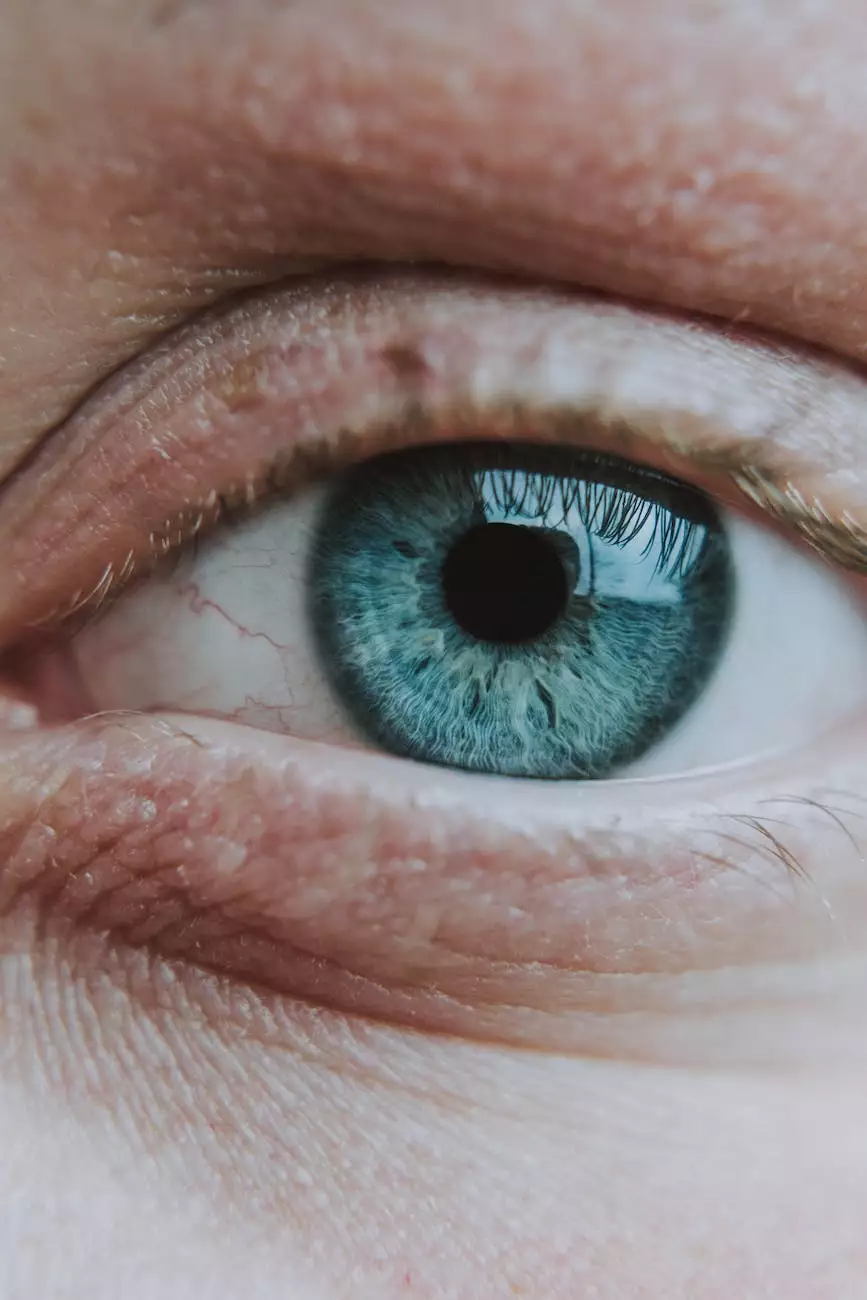D. folliculorum & Dry Eyes!
Health
Welcome to Muir Diablo Occupational Medicine, your trusted source for all health-related information. In this article, we will explore the connection between D. folliculorum and dry eyes, shedding light on symptoms, causes, and available treatment options. So, let's dive right in!
The Link between D. folliculorum and Dry Eyes
Demodex folliculorum, commonly known as D. folliculorum, are microscopic mites that inhabit hair follicles. While they are present in most humans, an overpopulation of these mites can cause various issues, including dry eyes.
Dry eyes occur when the eyes are unable to produce enough tears to maintain proper lubrication. This can result in discomfort, itchiness, redness, and a gritty sensation. Studies have indicated a correlation between D. folliculorum infestation and dry eyes, suggesting that these mites may contribute to the development or exacerbation of this condition.
Symptoms of D. folliculorum Infestation and Dry Eyes
Identifying the symptoms associated with D. folliculorum infestation and dry eyes is crucial for prompt diagnosis and treatment. Here are some common symptoms to look out for:
- Redness and irritation of the eyes
- Burning or stinging sensation
- Increased sensitivity to light
- Excessive tearing or watery eyes
- Itchy or dry eyelids
- Blurred vision
If you are experiencing any of these symptoms, it is crucial to consult a medical professional for a proper evaluation.
Causes of D. folliculorum Infestation
Understanding the causes of D. folliculorum infestation can help in effective prevention and management. Some common causes include:
- Poor hygiene practices
- Excessive oil production on the skin
- An impaired immune system
- Environmental factors
It is important to note that anyone can be susceptible to D. folliculorum infestation, regardless of age or gender.
Treatment Options for D. folliculorum and Dry Eyes
Managing D. folliculorum infestation and dry eyes typically involves a combination of treatments tailored to individual needs. Here are some common treatment options:
1. Medications:
Prescription medications such as medicated eye drops or ointments may be recommended to alleviate symptoms and reduce D. folliculorum populations.
2. Lid Hygiene:
Maintaining proper lid hygiene is crucial in managing D. folliculorum infestation. This involves regularly cleansing the eyelids with mild, non-irritating cleansers and warm water.
3. Heat Therapy:
Applying warm compresses to the eyes can help unclog blocked oil glands, reducing the mite population and relieving symptoms.
4. Lifestyle Changes:
Adopting a healthy lifestyle, including a balanced diet, regular exercise, and proper sleep, can help boost the immune system and reduce the risk of D. folliculorum infestation.
Prevention Tips
While D. folliculorum infestation cannot always be prevented, taking certain precautions can help reduce the risk. Here are some helpful tips:
1. Practice Good Hygiene:
Regularly wash your face and eyelids with mild cleansers and avoid sharing personal items that come into contact with the eyes.
2. Avoid Heavy Makeup:
Minimize the use of heavy eye makeup, as it can clog the oil glands and provide an ideal environment for mite infestation.
3. Regular Eye Exams:
Visit an eye care specialist regularly for comprehensive eye exams to detect any potential issues early on.
4. Protect Your Eyes:
Wear sunglasses or protective eyewear outdoors to shield the eyes from harmful UV rays and potential irritants.
By following these preventive measures and seeking professional guidance when needed, you can minimize the impact of D. folliculorum and reduce the risk of developing dry eye syndrome.
Conclusion
In conclusion, understanding the potential connection between D. folliculorum and dry eyes is crucial for timely diagnosis and effective treatment. If you are experiencing symptoms related to dry eyes, it is important to consult a medical professional to determine the underlying cause and develop an appropriate treatment plan. At Muir Diablo Occupational Medicine, we strive to provide comprehensive health-related resources to empower individuals in managing their overall well-being. Remember, prioritizing your eye health is key to maintaining a high quality of life.










